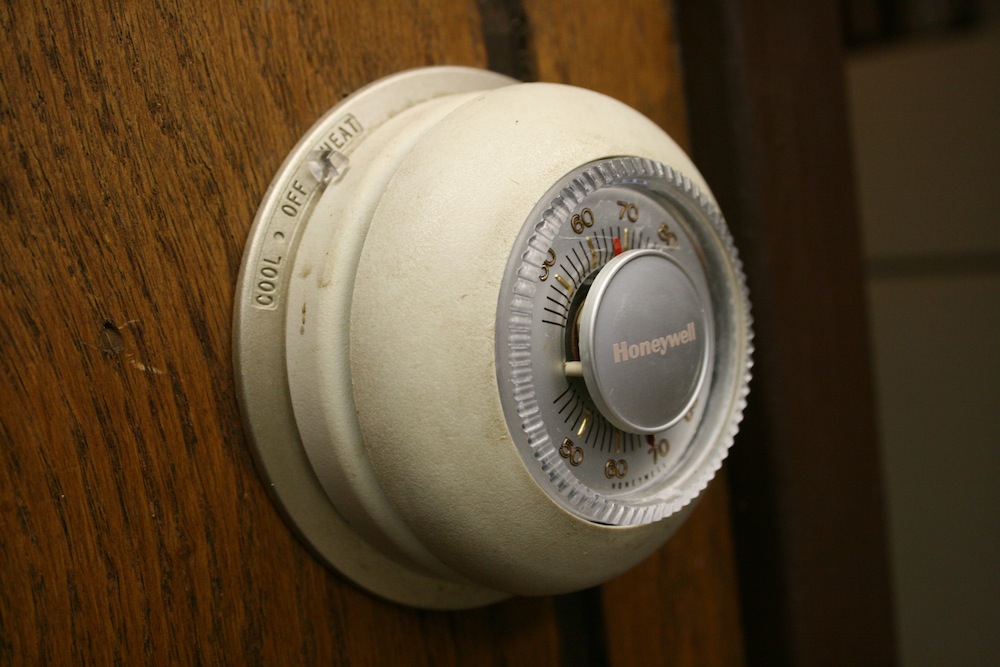Recent research that looks at the method used to determine thermal comfort in ANSI/ASHRAE Standard 55 published in an article, “Energy Consumption in Buildings and Female Thermal Demand,” in Nature Climate Change, misinterpreted data, according to ASHRAE.
“The interpretation of the authors regarding the basis for Standard 55 is not correct,” Bjarne Olesen, Ph.D., a member of the ASHRAE Board of Directors, thermal comfort research and former chair of the Standard 55 committee, said. “The part of the standard they are referring to is the use of the PMV/PPD index. This method is taken from an ISO/EN standard 7730, which has existed since 1982. The basic research for establishing comfort criteria for the indoor environment was made with more than 1,000 subjects with an equal amount of women and men.
“In the main studies, where they did the same sedentary work and wore the same type of clothing, there were no differences between the preferred temperature for men and women. So the researchers’ finding of a lower metabolic rate for females will not influence the recommended temperatures in the existing standards. Also their study is not conclusive. They only studied 16 females at a sedentary activity.
“They should also have studied 16 men at the same activity to be able to compare. The reason why we, in some field studies, find that women prefer higher room temperature than men is attributed to the level of clothing. Women better adapt their clothing to summer conditions while men are still wearing suits and ties. So if the thermostat is set to satisfy the men, the women will complain about being too cold. In the standard, this adaption of clothing to summer is taken into account. So if the standard is followed, the women would be satisfied; but maybe not the men.”
Related Stories
Legislation | Aug 5, 2022
D.C. City Council moves to require net-zero construction by 2026
The Washington, D.C. City Council unanimously passed legislation that would require all new buildings and substantial renovations in D.C. to be net-zero construction by 2026.
| Aug 4, 2022
Newer materials for green, resilient building complicate insurance underwriting
Insurers can’t look to years of testing on emerging technology to assess risk.
Codes and Standards | Aug 3, 2022
Some climate models underestimate risk of future floods
Commonly used climate models may be significantly underestimating the risk of floods this century, according to a new study by Yale researchers.
Codes and Standards | Aug 2, 2022
New tools help LEED projects reach health goals
The U.S. Green Building Council now offers tools to support the LEED Integrative Process for Health Promotion (IPHP) pilot credit.
Codes and Standards | Jul 29, 2022
Few projects and properties are being built beyond code
Clients and architects disagree on how well building to code provides resilience, according to a recent report by the American Institute of Architects (AIA) in partnership with Owens Corning.
Multifamily Housing | Jul 28, 2022
GM working to make EV charging accessible to multifamily residents
General Motors, envisioning a future where electric vehicles will be commonplace, is working to boost charging infrastructure for those who live in multifamily residences.
Codes and Standards | Jul 27, 2022
Biden administration proposes drastic flood insurance reform
The Biden administration’s proposed major overhaul to the National Flood Insurance Program, or NFIP, would drastically alter how Americans protect homes and businesses against flooding.
Codes and Standards | Jul 22, 2022
Office developers aim for zero carbon without offsets
As companies reassess their office needs in the wake of the pandemic, a new arms race to deliver net zero carbon space without the need for offsets is taking place in London, according to a recent Bloomberg report.
Codes and Standards | Jul 22, 2022
Hurricane-resistant construction may be greatly undervalued
New research led by an MIT graduate student at the school’s Concrete Sustainability Hub suggests that the value of buildings constructed to resist wind damage in hurricanes may be significantly underestimated.
Building Team | Jul 20, 2022
San Francisco overtakes Tokyo as the world’s most expensive city for construction
San Francisco has overtaken Tokyo as the world’s most expensive city for construction, according to a new report from Turner & Townsend.

















